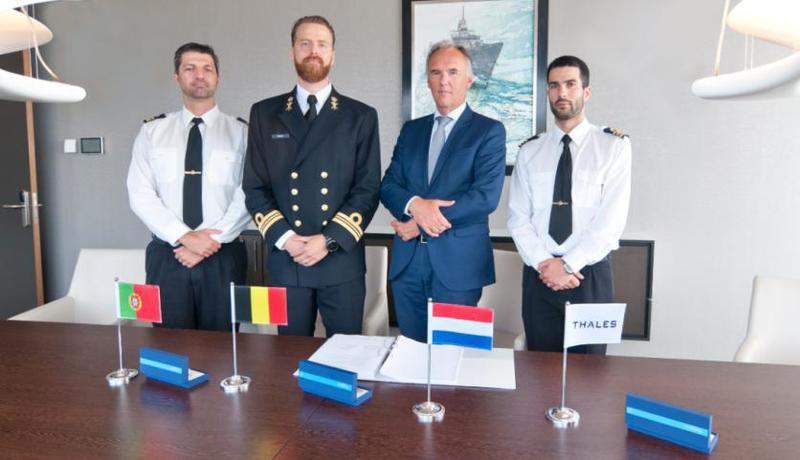
Thales has received a contract from the Dutch Defence Material Organisation (DMO) to supply its Mode 5 and Mode S identification friend or foe (IFF) systems to the Royal Netherlands Navy.
The contract also includes the adjustment of the current LW08 radar systems, as well as the delivery of a user interface for standalone control.
Through the Netherlands’ sale of two of its eight M-class frigates to Belgium and another two to Portugal, these countries will also receive IFF systems, which can generate a real-time picture of tactical situations.
Mode 5 is a new military standard for Nato members and is designed to ensure security, dependability and integrity of military missions, while Mode S is to better identify civil aircraft.
IFFs enable naval forces to identify air targets once they have been detected. Identification is deemed crucial to the prevention of friendly fire during operations.
Thales Netherlands CEO Gerben Edelijn said: “We leverage the latest technologies to provide naval forces around the world with the means to better identify air targets and enhance tactical preparedness so they can make the right decisions at the right time.
“The new generation identification systems will include an advanced user interface to support standalone control.”
The company noted that the identification systems comply with Nato standards.
Also included in the contract is an option for supply of three additional New Generation Identification Systems (NGIS) for the Vasco Da Gama frigates of the Portuguese Navy.
Mode 5 is set to become a mandatory feature on Nato-led coalition operations from 2020.



